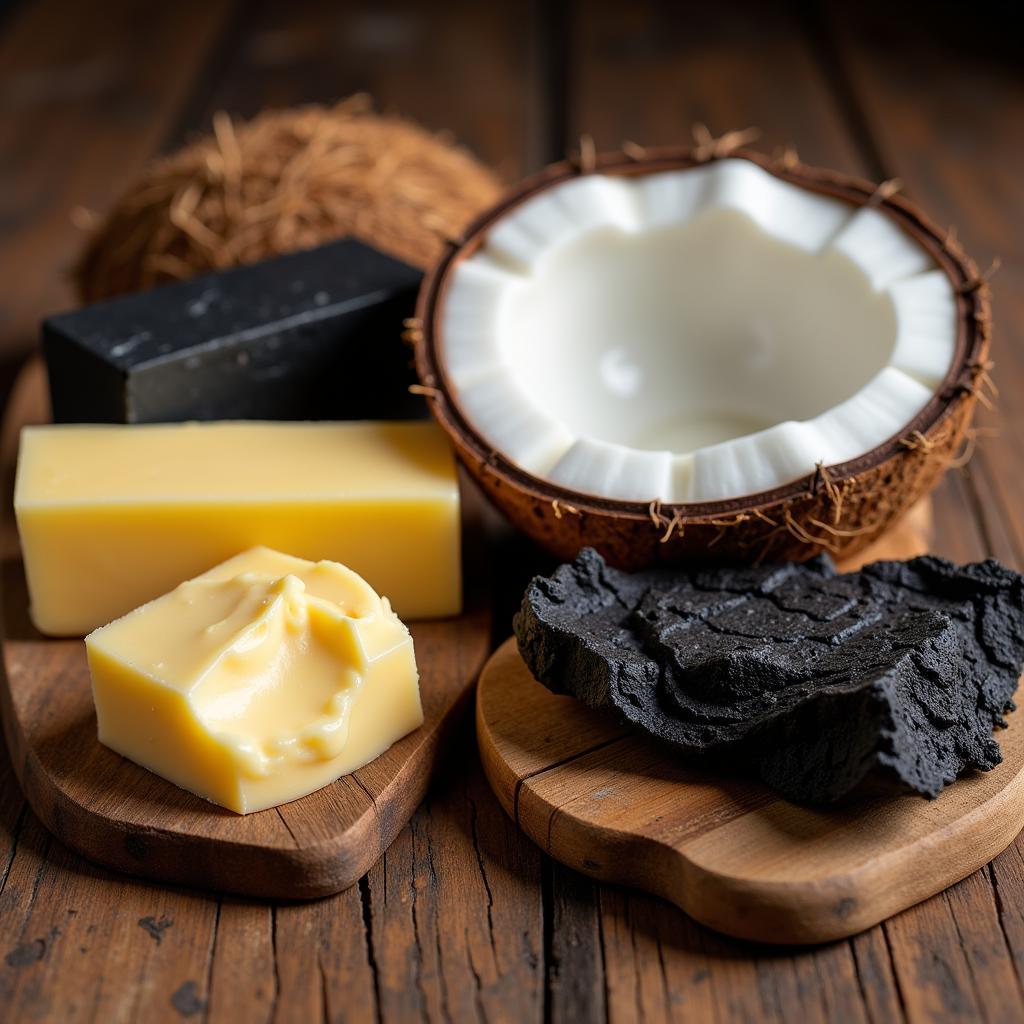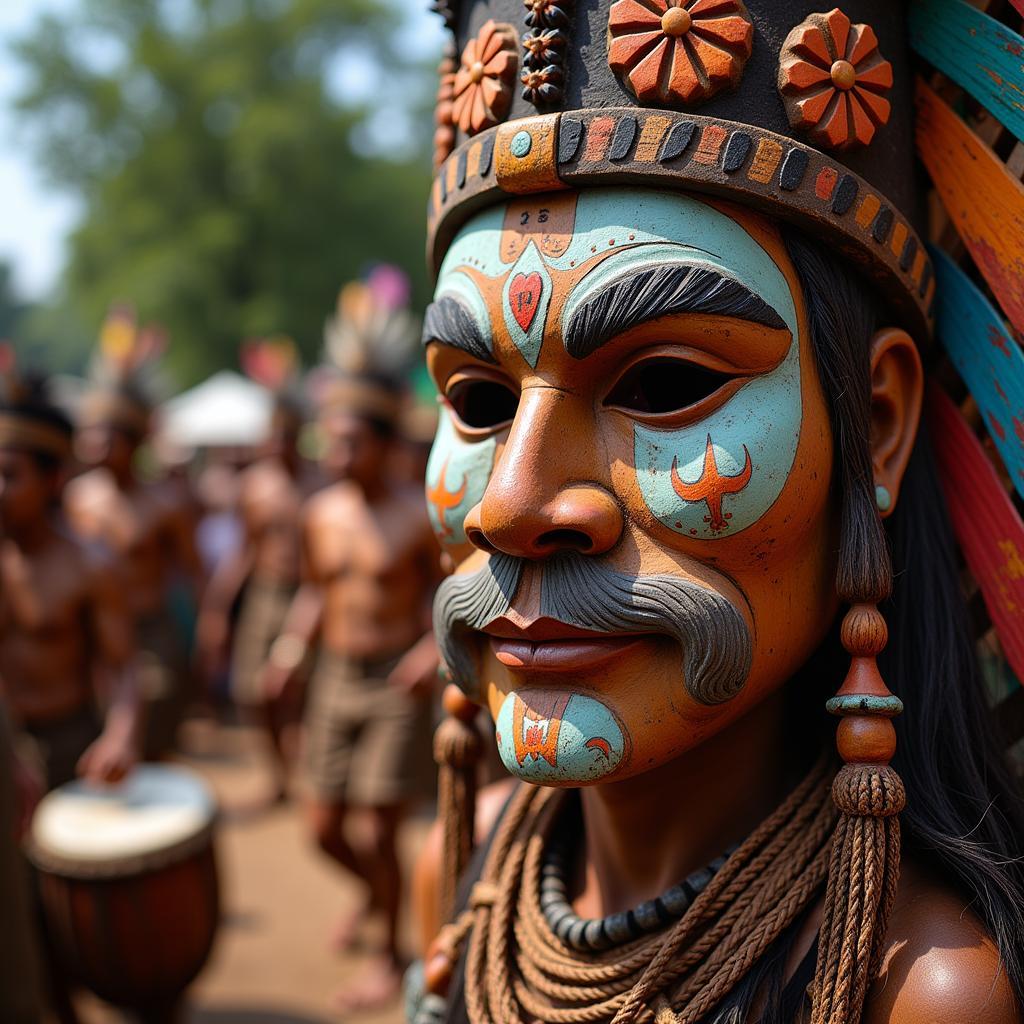African Countries Colonized by Portugal: A Historical Journey
Portugal, a nation renowned for its voyages of discovery, left an indelible mark on the African continent through its colonial endeavors. From the 15th century onwards, Portuguese explorers, driven by a thirst for trade and expansion, established colonies across various regions of Africa, leaving a lasting impact on the political, cultural, and social landscapes of these lands. This article will delve into the history of Portuguese colonization in Africa, exploring the countries that fell under its rule and the enduring legacies of this era.
The Rise of Portuguese Colonialism in Africa
The Portuguese were among the first European powers to engage in extensive colonial activities in Africa. Their voyages, spearheaded by explorers like Vasco da Gama, were fueled by the desire to control trade routes, particularly the lucrative spice trade with the East. The Portuguese established trading posts along the African coast, primarily in the regions of West Africa, Central Africa, and East Africa. These posts served as centers for the exchange of goods, including slaves, gold, ivory, and other commodities.
Portuguese Colonies in Africa: A Comprehensive Overview
Portugal’s colonial ambitions extended beyond trading posts, leading to the establishment of formal colonies in various parts of Africa. Here’s a breakdown of the key regions and countries that were colonized by Portugal:
1. West Africa
- Cape Verde: Colonized in the 15th century, Cape Verde became an important center for the Portuguese slave trade, with its islands serving as a staging ground for transporting enslaved Africans to the Americas.
- Guinea-Bissau: Colonized in the 15th century, Guinea-Bissau became a major source of slaves for the Portuguese Empire. It was also a significant producer of palm oil and peanuts.
- Sao Tome and Principe: These islands, colonized in the 15th century, were established as sugar plantations, utilizing enslaved African labor.
2. Central Africa
- Angola: Colonized in the 16th century, Angola was a major source of slaves for the Portuguese Empire. The Portuguese also exploited Angola’s natural resources, including diamonds and oil.
- Mozambique: Colonized in the 16th century, Mozambique became an important trading center for ivory, gold, and slaves. The Portuguese also established plantations and exploited Mozambique’s vast natural resources.
3. East Africa
- Portuguese East Africa: Although not a single country, the Portuguese established a presence in various parts of East Africa, including territories that are now part of modern-day Mozambique, Tanzania, and Kenya.
- Zanzibar: Under Portuguese influence, Zanzibar became a major center for the slave trade and a hub for the spice trade.
The Impact of Portuguese Colonization
Portuguese colonization had a profound impact on the African countries it controlled. Here are some key consequences:
- Slave Trade: The Portuguese were heavily involved in the transatlantic slave trade, extracting millions of enslaved Africans from their colonies. This trade had devastating social and economic consequences for the African continent, tearing apart families and communities and contributing to the depopulation of certain regions.
- Exploitation of Resources: The Portuguese exploited the natural resources of their African colonies, extracting valuable commodities like gold, ivory, diamonds, and timber for their own economic benefit.
- Political and Social Disruption: The imposition of Portuguese rule led to political and social instability, as traditional power structures were dismantled and replaced with European systems of governance.
“The Portuguese colonization of Africa left a legacy of exploitation and inequality that continues to reverberate in many African countries today,” explains Dr. Amani Hussein, a leading historian specializing in African history.
The Legacy of Portuguese Colonization
Despite the struggles and challenges faced during colonization, the legacy of Portuguese influence can be seen in various aspects of African culture and society.
- Language: Portuguese is widely spoken in many former Portuguese colonies, particularly in Angola, Mozambique, Guinea-Bissau, and Cape Verde. It is an official language in these countries and has had a significant impact on their linguistic landscape.
- Religion: The introduction of Christianity, particularly Catholicism, had a profound impact on the religious landscape of Portuguese colonies. Many Africans adopted Christianity, and its influence can be seen in various aspects of life, including art, music, and social customs.
- Architecture: Portuguese architectural styles can be observed in many buildings, churches, and forts across former colonies. These structures serve as a tangible reminder of the Portuguese presence and influence in Africa.
- Cuisine: Portuguese cuisine has influenced the culinary traditions of several African countries. Dishes and cooking techniques introduced during the colonial period have become integrated into local cuisines, creating a fusion of flavors.
“The legacy of Portuguese colonialism is a complex one, marked by both exploitation and cultural exchange,” states Professor Kwame Addo, a renowned scholar on African culture.
Frequently Asked Questions (FAQ)
1. How did the Portuguese gain control over African countries?
The Portuguese, driven by a desire for wealth and trade, used a combination of military force, diplomacy, and alliances with local rulers to establish control over various African territories.
2. What were the main economic activities of the Portuguese in their colonies?
The Portuguese engaged in a variety of economic activities, including slave trading, the extraction of natural resources, and the establishment of plantations.
3. How did Portuguese colonization impact the social fabric of African societies?
Portuguese colonization disrupted traditional social structures, imposed European systems of governance, and contributed to the spread of diseases.
4. When did Portugal grant independence to its African colonies?
Portugal granted independence to its African colonies between the 1970s and 1980s, following a period of intense anti-colonial struggle.
5. What are some of the challenges faced by former Portuguese colonies after independence?
Former Portuguese colonies have faced challenges such as economic development, political stability, and overcoming the legacy of colonial exploitation.
6. What are some examples of Portuguese cultural influence in African countries?
Portuguese cultural influence can be seen in the languages, religions, architecture, and cuisines of many African countries.
7. What is the significance of Portuguese colonization in African history?
Portuguese colonization has left an enduring mark on the political, social, and cultural landscapes of many African countries. Its legacy, marked by both exploitation and cultural exchange, continues to shape the realities of these nations today.
This article has provided a comprehensive overview of the Portuguese colonization of Africa, exploring the countries that fell under its rule and the enduring legacies of this era. It’s important to acknowledge the complex and multifaceted nature of Portuguese colonial history and its impact on the continent. The stories of resilience, resistance, and cultural transformation that emerged from this period continue to inspire and inform contemporary African narratives.



